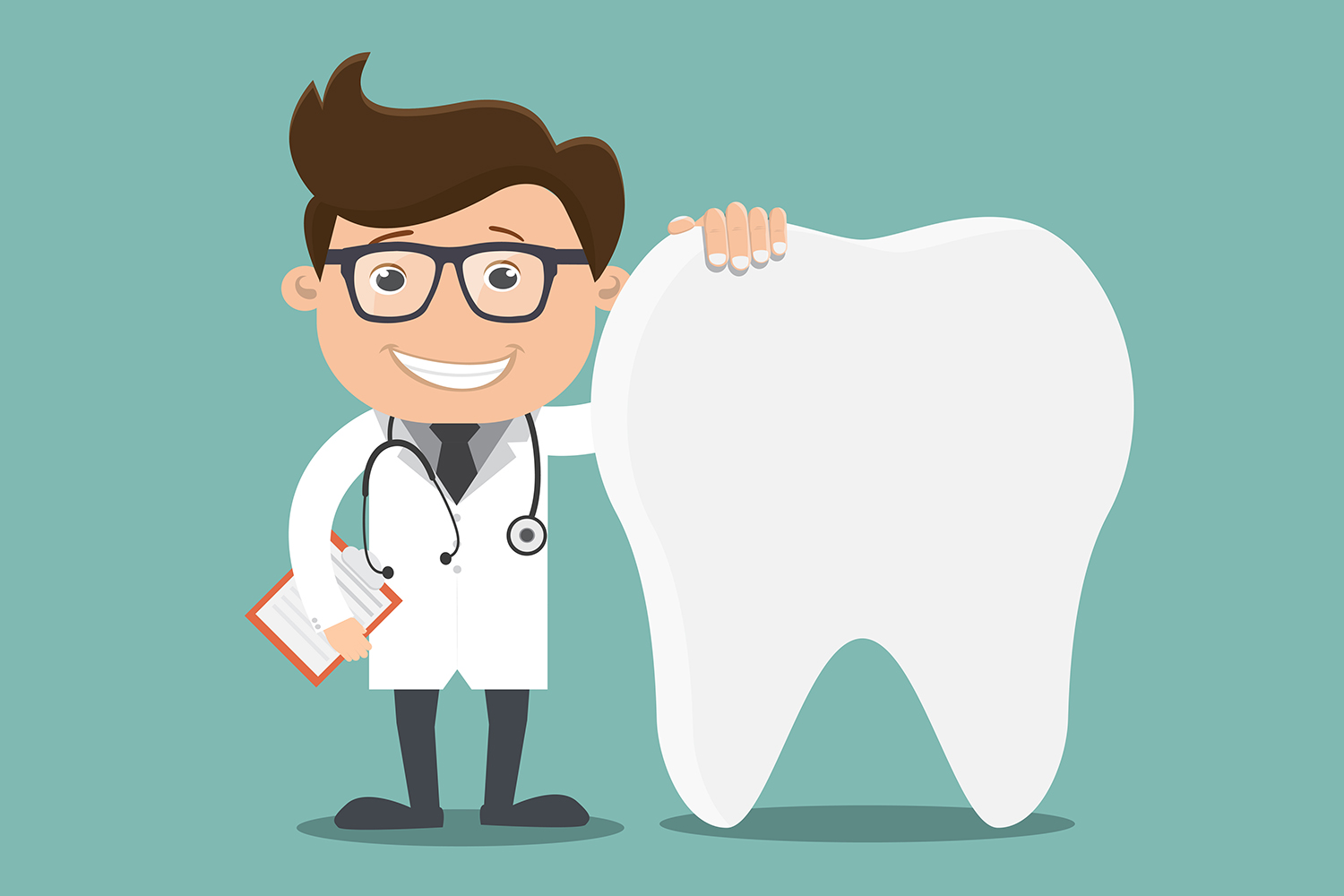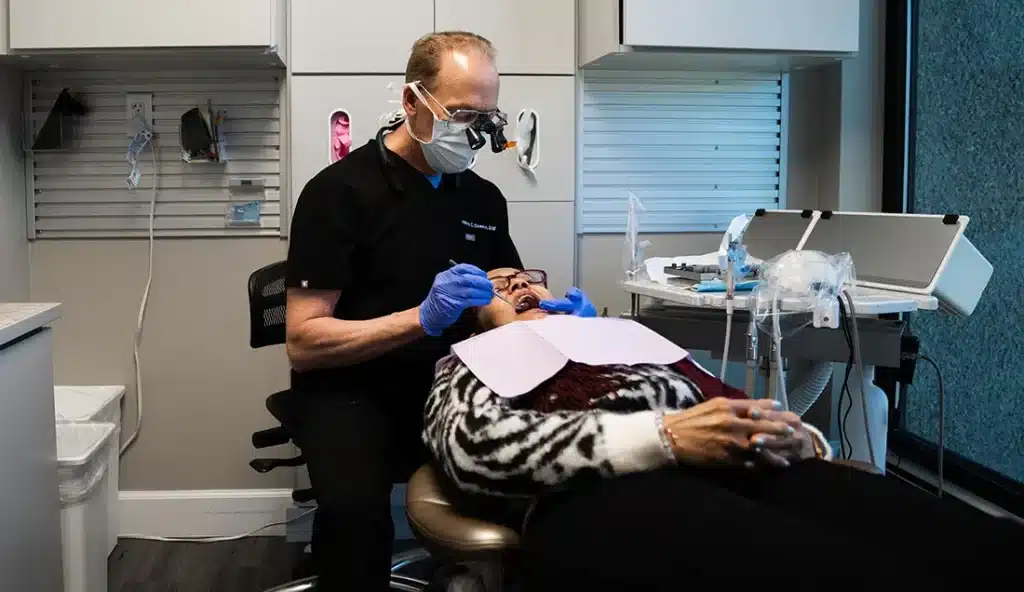Common Questions Concerning Oral Veneers Responded To
Oral veneers have ended up being an increasingly desired choice for those wanting to boost their smiles, yet several people stay unclear concerning various elements of their usage. Secret questions frequently arise relating to the application process, long life, and potential risks related to these cosmetic improvements. The difference in between porcelain and composite veneers can significantly influence one's selection. As we check out these typical queries, it ends up being vital to consider not only the benefits but additionally the effects of choosing dental veneers in search of a more confident look. What variables should one consider prior to making such a choice?
What Are Oral Veneers?
Dental veneers are slim, customized shells crafted from porcelain or composite material that are designed to cover the front surface area of teeth. These oral prosthetics offer both aesthetic and useful purposes, offering a service for various dental imperfections, consisting of discoloration, chips, gaps, and misalignment. By sticking to the teeth, veneers can dramatically improve the general look of a smile, creating an extra eye-catching and uniform appearance.
Porcelain veneers are particularly preferred for their all-natural clarity and discolor resistance, making them a suitable selection for people seeking lasting results. In comparison, composite material veneers are normally more economical and can be applied in a solitary browse through, yet they might not provide the same resilience as porcelain options.
The choice to go with dental veneers usually originates from a need for visual enhancement, however individuals ought to likewise take into consideration elements such as the long life of the material, maintenance demands, and the possible demand for tooth decrease (Porcelain Veneers Washington DC). Eventually, oral veneers stand for a functional and efficient solution for achieving a radiant smile, accommodating specific cosmetic demands while advertising confidence and self-esteem
How Are Veneers Applied?
The application process for veneers requires careful planning and precision to guarantee optimum outcomes. The treatment typically starts with an extensive appointment, where the dental expert evaluates the person's dental wellness, discusses wanted outcomes, and figures out the appropriate kind of veneers, whether porcelain or composite material.
Once the therapy plan is established, the dental practitioner prepares the teeth by eliminating a slim layer of enamel, usually regarding 0.5 mm to 1 mm, to suit the veneer. This step is essential as it guarantees a proper fit and protects against the veneers from appearing cumbersome - Low Cost Veneers. After prep work, perceptions of the teeth are required to produce custom-made veneers that match the client's one-of-a-kind oral framework and visual preferences
While the permanent veneers are being fabricated in an oral lab, short-lived veneers might be placed to shield the ready teeth. When the irreversible veneers are prepared, the dental expert will very carefully bond them to the teeth making use of a strong oral adhesive.
What Are the Conveniences?

In addition, veneers are recognized for their longevity and resistance to staining compared to all-natural teeth. Made from high-quality materials such as porcelain or composite material, they can preserve their look for years with correct care. This longevity makes them a functional investment in one's dental appearance.
Along with visual enhancements, veneers can additionally add to boosted oral health and wellness. By covering harmed or compromised teeth, they can give additional support and defense, assisting to avoid further decay or damage. This protective element can lower the need for much more considerable dental procedures in the future.

The Length Of Time Do They Last?
With correct treatment and upkeep, dental veneers can last anywhere from 10 to 15 years, making them a lasting service for enhancing one's smile. The long life of veneers greatly relies on the product utilized, the quality of the initial positioning, and the person's adherence to dental health practices.
Porcelain veneers are known for their durability and resistance to discoloration, normally lasting closer to the 15-year mark when taken care of appropriately. Compound veneers, while extra budget friendly, might need replacement earlier, typically within 5 to ten years due to their sensitivity to use and discoloration.

Additionally, using a mouthguard throughout sporting activities or nighttime can offer additional defense. Inevitably, while veneers offer a considerable visual improvement, their long life is significantly influenced by the commitment to appropriate oral treatment and normal consultations with a dental professional.
Exist Any Risks?
Considering the transformative effects of dental veneers, it is necessary to recognize the potential threats connected with their application. While veneers can enhance the appearance of teeth, the procedure entails the elimination of a thin layer of enamel, which can enhance tooth level of sensitivity and vulnerability to degeneration.
One substantial threat is the possibility of incorrect placement or fitting, resulting in discomfort, bite misalignment, and even damage to the underlying tooth framework. In addition, if the veneers are not kept effectively, they can come to be blemished or broken gradually, requiring replacement.
Clients may also experience sensitive responses to the materials made use of in the veneers, especially if they have sensitivities to certain dental compounds. In addition, while veneers are long lasting, they are not unbreakable; excessive pressure from grinding or squeezing can result in fractures.
It is important for patients to speak with a qualified dental specialist to examine their individual threats and to comply with aftercare instructions faithfully. By comprehending these dangers, patients can make educated decisions regarding their oral veneer therapy and guarantee the longevity and success of their enhancements.
Conclusion
In recap, dental veneers stand for an important cosmetic remedy for enhancing smiles, with considerations concerning their application, benefits, long life, and connected risks. Their performance is influenced by variables such as the option of product, with porcelain More Help offering premium durability contrasted to composite options. Appropriate treatment and upkeep are important to make best use of the lifespan of veneers. Eventually, educated decision-making relating to dental veneers can lead to adequate visual results and enhanced oral health and wellness.
Dental veneers are thin, personalized coverings crafted from porcelain or composite material that are designed to cover the front surface area of teeth. After prep work, impressions of the teeth are taken to produce custom-made veneers that match the individual's one-of-a-kind dental structure and aesthetic preferences.
While the long-term veneers are being made in an oral laboratory, momentary veneers may be positioned to shield the prepared teeth. When the permanent veneers see here now are prepared, the dental professional will carefully bond them to the teeth making use of a strong oral adhesive. Ultimately, informed decision-making concerning dental veneers can lead to adequate aesthetic end results and improved oral health and wellness.